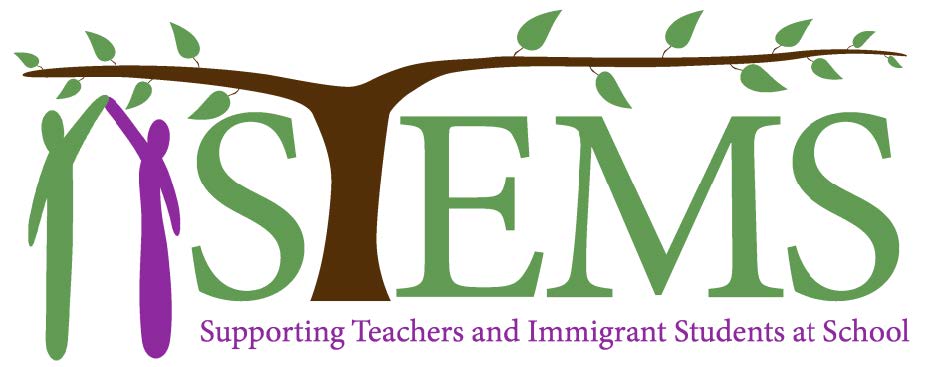STEMS: Supporting Teachers And Immigrant Students At School

Project STEMS originates from the necessity of adaption the continuous changes in the world of education ,this requires innovative ,technological and renewable educational practises,system or solutions for school managements.
While European countries have well-established education systems ,Socioeconomically disadvantaged immigrant communities experince inequality of access and a lower quality of education across the continent.These groups tend to underperfom at school.According to European Commission ''Social inclusion of migrants in the EU28 - Non-EU citizens twice as likely to be at risk of poverty or social exclusion as nationals . These Statics and researches indicate that immigrants have disadvantaged backgrounds and fever opportunities compared to their peers.
Immigrant students at schools encounter a new language, culture and a system at school and consequently have difficulties in adapting them,which leads to failure at school or early school leaving. Closing the gap in early school leaving rates for foreign-born learners would bring the EU 30% closer to its headline target of reducing this rate to 10% and prevent half a million young people from leaving school early, which accounts for 8.7% of all early school leavers in the EU.
Necessity of changing and strengthening the profile of the teaching professions is undeniable fact and to realise this, They need to develop teaching methodologies to promote integration at school and to improve learning abilities for newly foreign students or drop out students,besides ,Teachers have to develop competences to promote peer education methodologies and peer mentoring approach to foster effective and individualized learning processes for migrant students or students at risk of social exclusion.
We are going to design ''student (immigrant )integration programme''(O3) and a ''teacher guidebook/online tool''(O2) in the light of need/situation analysis (O1)and teacher training. ''Special language support with Mentoring'' ,''Parent involvement'' and are key fundementals of this inclusive programme. According to EC report intervention policies at individual level provide a support mechanism tailored to their needs. One such an intervention is mentoring, focusing on the personal development of young people. Studies of different kinds in different countries have shown that parents taking an active role in the education of the children have a clearly measurable positive effect on the educational outcomes of their kids.
Therefore We aim to:
- to promote a more inclusive education system and lead to a decrease in the achievement gap between pupils with and without a migrant background
- to create innovative integration process with the help of special language support,mentoring and parent involvement
- to develop teachers'skills in the field of multilingualism/multiculturalism,diversity management , intercultural pedagogy
- to create an online toolkit , a sharing ,interactive enviroment for teachers
- to develop teaching methodologies to promote integration at school and to improve learning abilities for newly foreign students or drop out student.
- foster the family/community involvement method for integration of immigrants
The project addresses the social inclusion/integration of immigrant students at school , supporting their integration to school and education system in the host country. Focusing on just immigrant students and ignoring teacher training (about diversity/multilingualism/multiculturalism)and parent involvement doesn'make sense. So innovative part of this project is binding teacher training and creating immigrant students integration programme.
